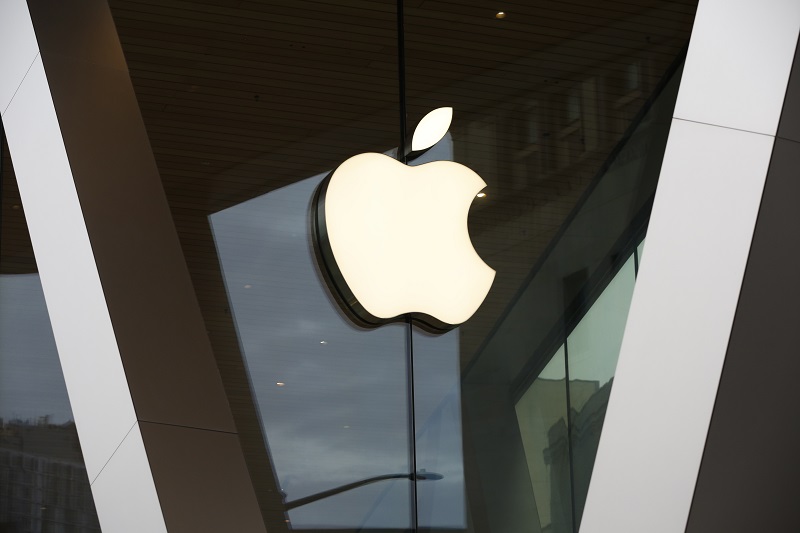Because the tech giant had not met the demands of the country’s government
OR Indonesia rejected her $100 million investment proposal Apple with the aim of lifting the ban on its sales iPhone 16saying the company’s practices lack the requisite “fairness” the government demands.
Indonesia last month banned the marketing and sale of the iPhone 16 model due to Apple’s failure to comply with local investment regulations requiring 40% of phones to be made from locally produced components, as the country tries to boost investment from tech giants.
After the ban, Apple offered to increase its investment in Indonesia by $100 million to allow domestic sales of the new phone. However, Industry Minister Agus Gumiwang Kartasasmita stated that Apple had not met the government’s demands, especially compared to the tech giant’s investments in other countries.
“Currently, Apple still has not invested in any manufacturing facilities or factories in Indonesia,” it said in a statement released late Monday. He said the ministry urged Apple to immediately set up a production facility or factory in Indonesia “based on the principles of justice” so that the company does not have to submit an investment plan proposal every three years.
Despite the sales ban, the Indonesian government still allows iPhone 16 to be shipped to Indonesia if they are not traded commercially.
The government estimates that around 9,000 units of the new model have entered the country this way.
Indonesia also banned the sale of Google Pixel phones because they did not meet the 40% component requirement. About 22,000 Google Pixel phones entered the country this year despite the ban.








